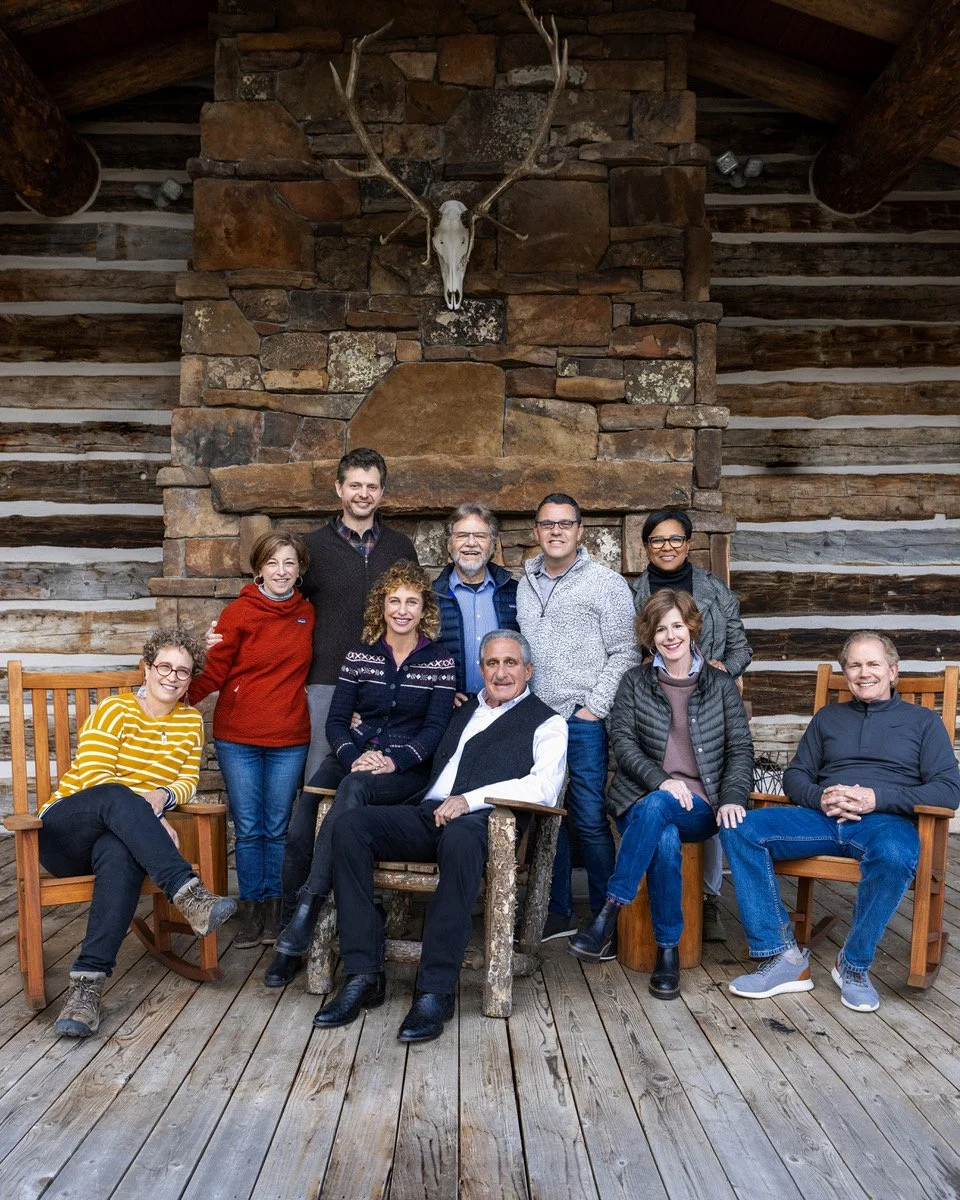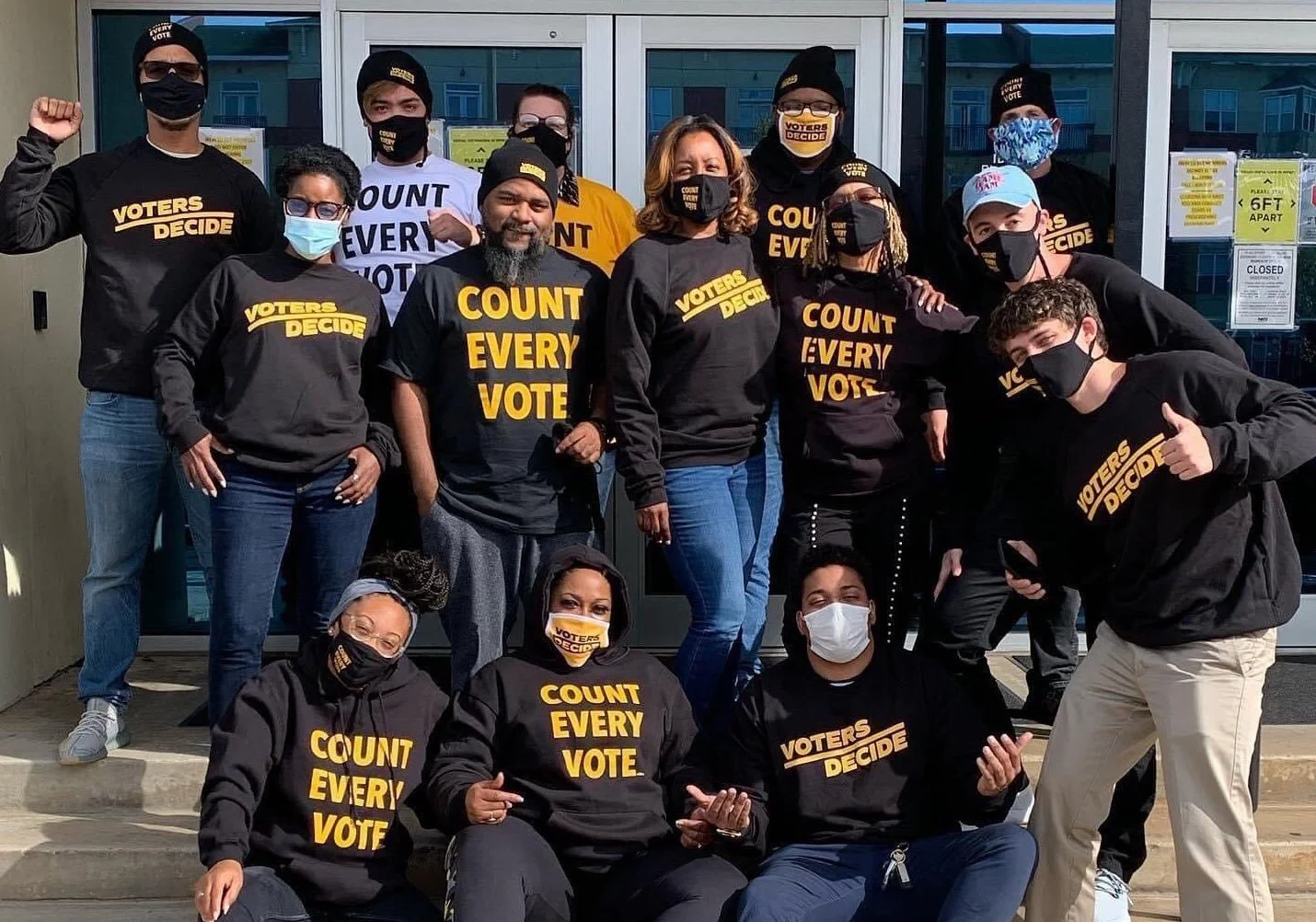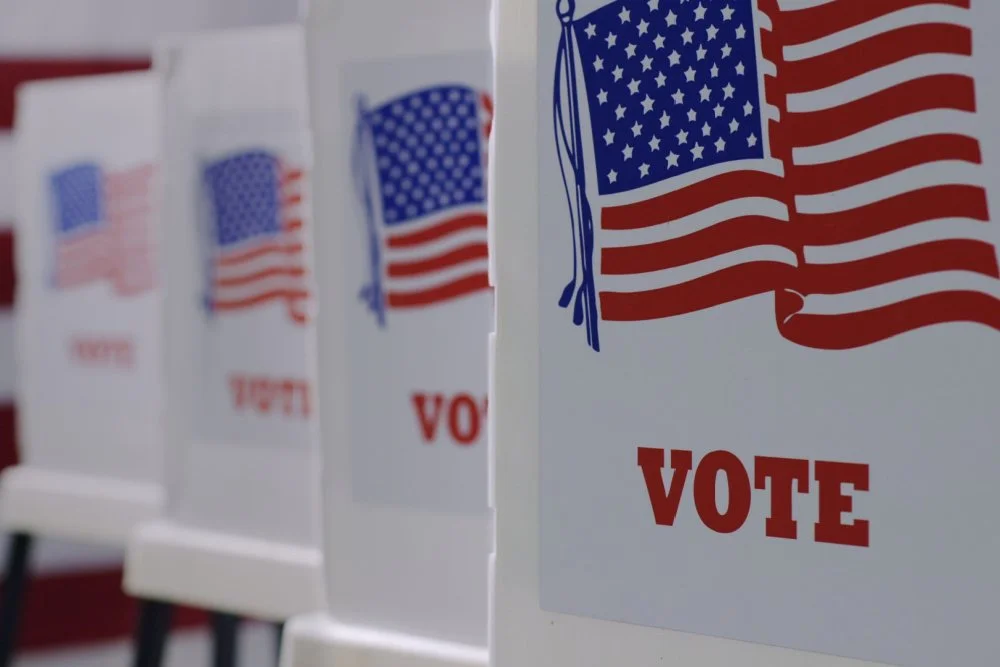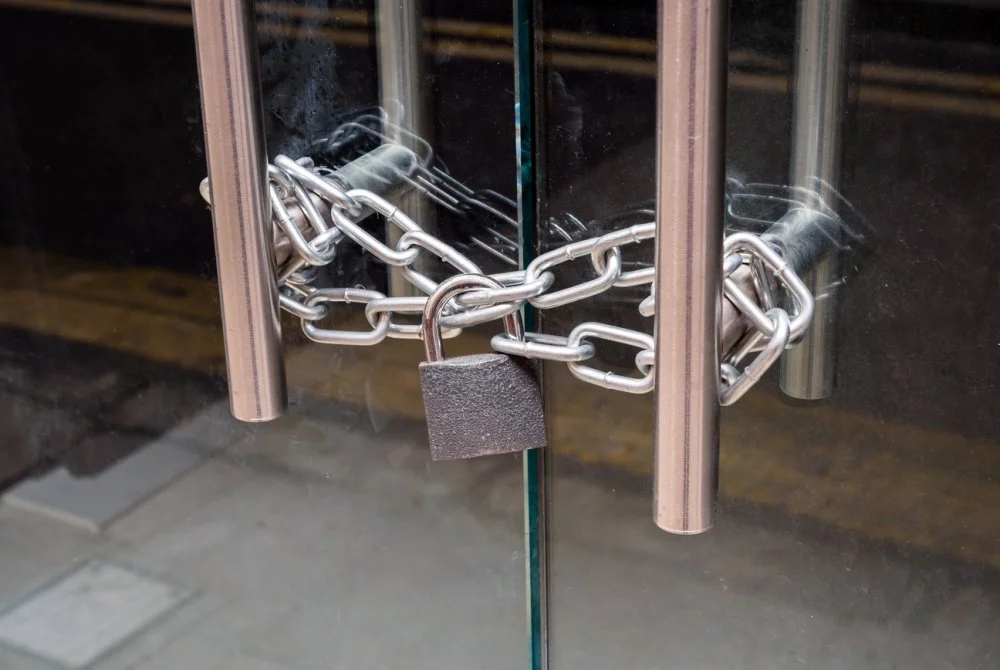Heading into the Mid-terms, Who’s Paying Attention to Cybersecurity?
/photo: Gorodenkoff/shutterstock
Editor’s Note: This article was first published in April 2018.
The 2016 election demonstrated just how vulnerable America's democracy is to manipulation by outside actors. In addition to hacking the DNC and unleashing a torrent of disinformation over social media, Russian hackers sought to penetrate the election systems of 21 states heading into the presidential election and successfully breached voter registration lists in several of them. According to top intelligence officials, the threat is likely to persist into the midterm elections.
Most of the work to shore up election security requires actions by government, including new funding and policy changes. But many advocates say that there's not enough urgency around these threats, or funding to address them. Some in philanthropy are paying attention, including the Funders’ Committee for Civic Participation, which is pushing for more foundations to chip in to prepare for this November.
Eric Marshall, FCCP’s executive director, stresses that even an unrealized cybersecurity threat could undermine turnout and public trust heading into the midterms. Guarding against such threats is crucial this year because of the civic resurgence since 2016 in the form of off-year voting, individuals lobbying their members of Congress, and organized marches.
“There’s a level of engagement and interest in levels that we haven’t necessarily seen in a while,” Marshall said. “Making sure that there’s not an actual breach that could shatter some of that confidence in election systems is important because that could really dent some of the progress that has been made.”
The FCCP has worked in the democracy space since it started in 1983 with the intent to boost voter registration. Since then, the network of funders has developed a broad focus on equity and the enfranchisement of underrepresented groups. The committee maintains several working groups focused on civic causes, including one working to ensure the effectiveness of the 2020 census.
The way Marshall sees it, boosting electoral cybersecurity fits right in with that mission.
“If you care about people participating in elections at higher levels, if you care about people organizing and advocating on issues, if you care about people protesting and trying to build movements and do social change, it’s critical that we have an election that is not undermined by outside actors,” Marshall said. “Some of the participation in elections is about perception, and we don’t want to give voters another reason to turn away.”
The work FCCP encourages typically falls into one of three categories, Marshall said. Funders can work with advocacy groups that encourage the federal government to send more grants to states to secure voting systems. They can also support independent nonprofits that are working directly with election officials to provide them with tools and resources they need to modernize systems.
A big part of the work, though, should focus on building trust in the system through education, typically provided by nonprofits working in communities, Marshall said.
Russian interference and false claims about voter fraud have created a narrative that “that our voting system is insecure and that votes aren’t going to matter, or be stolen or canceled out, and there’s a lot within that that is not true,” he said. “It’s critical that voters trust the process and turn out, and don’t stay home.”
The damaging narratives concerning election security coming out of 2016 played a big role in spurring the Democracy Fund to commit $1.4 million over the last year bolstering security, said Adam Ambrogi, a program officer at the fund, which was created by eBay founder Pierre Omidyar. Omidyar is one of the three biggest backers of the cause, along with the Hewlett Foundation and the Rockefeller Brothers Fund, according to Marshall.
Regular readers are likely unsurprised to see Hewlett on that list. The foundation is a supporter of work on election administration through its Madison Initiative, which focuses on strengthening democratic values, norms and institutions. Among other things, Hewlett helped launch the MIT Election Science and Data Lab and the Center for Election Innovation and Research, which both work with election officials and researchers to improve elections and foster voter trust in the system.
Hewlett is also one of the few funders working on cybersecurity more broadly. The foundation has invested in the space since 2014, and recently committed another five years and $50 million to its Cyber Initiative.
The Democracy Fund is a little newer to the cybersecurity space, but it also has a track record of supporting work to improve election administration. Its $1.4 million in grants for election security make it one of the bigger funders in this space. The fund’s investments went in part to advocating for federal funding in the form of grants for states to shore up security. The efforts have yielded some success, with Congress including $380 million for election security in the budget bill passed last month. While that's an important step, the Brennan Center for Justice has estimated that tens of millions of dollars more in funding will still be needed to strengthen the nation's voting system.
The Democracy Fund also invested in playbooks on best practices for election cybersecurity for campaigns and election officials. The work was carried out through the Belfer Center at Harvard University. In addition, the fund has worked with election officials to understand and implement security protocols, and has supported efforts to forge stronger relationships between state technology officers and election officials, Ambrogi said.
Though much of the work to strengthen election system security requires government leadership and support, Ambrogi still sees an important role for philanthropy. The sector’s speed, at least when compared to government, is a boon when it comes to reacting to a problem that arose suddenly, he said.
“There are many things that the government may not be able to move as quickly on as the nonprofit and ‘expert’ community,” Ambrogi said. The areas where philanthropy can help include supporting better relationships between distant arms of government, funding pilot projects and spreading best practices, and finding the right communications frames for talking about election security challenges publicly.
Ambrogi is hopeful more foundations will join the Democracy Fund in responding to a threat that isn’t likely to go away any time soon.
Related:







































